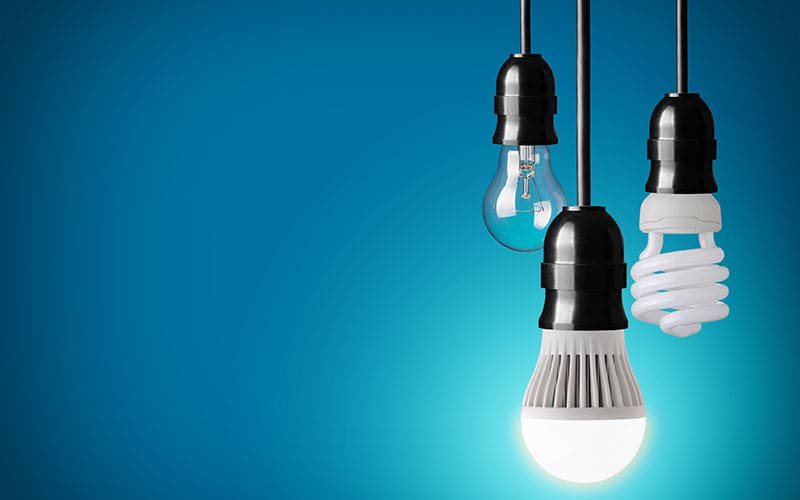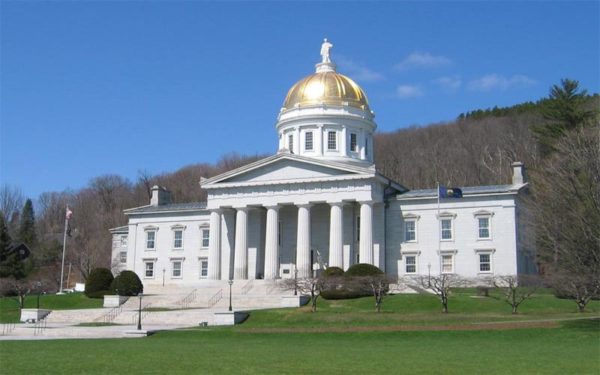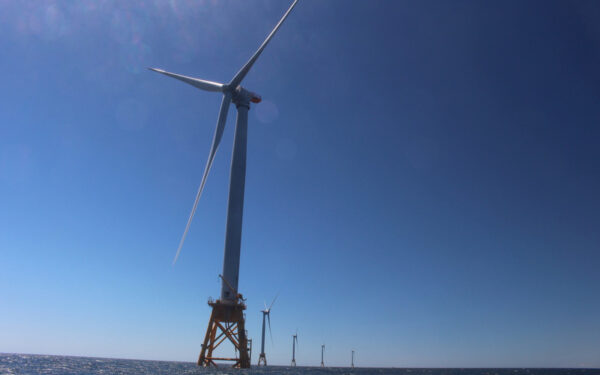
When done right, energy efficiency programs can decrease both costs and polluting emissions. Photo Credit: Shutterstock
For almost a decade, Massachusetts has led the nation in energy efficiency programs. But is the Commonwealth really doing enough to save its residents’ money and fight the climate crisis, or is it resting on its laurels?
Every three years, Massachusetts creates a new strategic plan to guide energy efficiency work. Over the summer, the Department of Public Utilities buttoned up the final remaining issues with the newest plan, which covers 2019 through 2021.
CLF participated extensively in the process that created this plan to try to ensure it took both equity and climate change into account. But while the 2019–2021 plan has a few positive elements, it overall falls short of what Commonwealth residents need, failing to do enough to incorporate equity, clean energy, or climate change. Its number one ranking on the ACEEE State Energy Efficiency Scorecard says more about the rest of the U.S. than about Massachusetts.
Incentives for Heat Pumps and Battery Storage Are the Only Good Things in the New Plan
Energy efficiency is a powerful tool to lower energy bills for families and businesses, make homes and workplaces more comfortable, cut greenhouse gas emissions, and foster environmental justice. In Massachusetts, energy efficiency efforts like replacing lightbulbs, insulating buildings, and installing the most efficient new furnaces and air conditioners are coordinated through the Mass Save program.
One good thing to come out of this latest planning process is that Mass Save now has an ambitious target for installing heat pumps for heating and cooling, including more monetary incentives to get customers on board. The new goal is for the state to install more than 60,000 heat pumps by 2021. Heat pumps are a great way for people to cut their electrical and fossil fuel costs if they currently use traditional air conditioners or oil or propane heating systems.
Mass Save will also be taking a step toward the future with new offerings and pilots for battery storage technology. When used strategically, battery storage offers an alternate source of energy so that we can keep old, polluting fossil fuel plants offline during the times of year when people use the most electricity.
Plan Leaves Out Renters and Stalls Program that Would Pair Solar and Energy Efficiency
Ultimately, though, the new efficiency plan fails to fully embrace these money and energy saving potential of these programs. For example, the Department of Public Utilities put the brakes on an innovative new program from the Cape Light Compact—one of the groups that administers the Mass Save program—that would have helped 700 customers install integrated solar, heat pumps, and battery storage. The Department has made it clear that they want more direction from the legislature before they embrace new technology with such huge potential for customer savings but higher upfront costs.
The Department also rejected a new incentive designed to get the Mass Save utilities to better serve those of us who rent our homes or apartments. Right now, renters see fewer of the benefits of energy efficiency because it’s more work for the utilities to get landlords to participate in Mass Save programs than to get resident homeowners. The rejected proposal would have given the utilities more money to reach renters, incentivizing them to step up their game with landlords. The Department did, at least, require utilities to more closely track how they’re serving renters, which will provide important new data for advocates like CLF to use in pushing for equal services in the future.
There were also some promises made by the utilities to provide extra assistance to renters and homeowners in the area impacted by the Merrimack Valley gas disaster. As we approach the tragedy’s one-year anniversary, we are waiting to see how those efforts have gone and whether any broader lessons for energy efficiency services can be drawn from the heightened assistance work.
Future Plans Need to Track Who Isn’t Benefiting Yet
Each of us pays for energy efficiency programs through a small charge on our monthly electric bill. But not all of us are able to take full advantage of these cost-saving programs, especially if you live in a low-income household, rent your home, are a person of color, or speak limited English.
To ensure that everyone is benefiting from these money-saving programs, Mass Save needs to track information about customer age, race, ethnicity, disability, income, and primary language. This would allow the utilities to target energy efficiency services to those who have not benefited historically. So far, Mass Save has not been required to track or survey this key demographic data. People in traditionally underserved communities are paying into Mass Save and deserve to know how well the program is serving them compared with people in wealthier, mostly white communities.
The Department of Public Utilities also sent back to the drawing board a new calculation of the money that energy efficiency saves us when the State acts to comply with the Global Warming Solutions Act. Energy efficiency is a huge part of our plan to cut greenhouse gas emissions in Massachusetts. However, the regional study that Mass Save uses to calculate the value that energy efficiency brings doesn’t adequately count those benefits.
Moving Forward with Energy Efficiency in Massachusetts
Mass Save is an important program. It saves families and businesses money while also slashing our climate-damaging emissions—which we need to keep doing if we’re going to stave off the worst effects of the climate crisis. That’s why CLF would like to see an even stronger energy efficiency three-year plan and will continue to work with our partners and the Energy Efficiency Advisory Council to strengthen Massachusetts’s programs. Because rather than rejecting innovative programs that would boost the benefits for everyone, the Commonwealth should embrace them.




